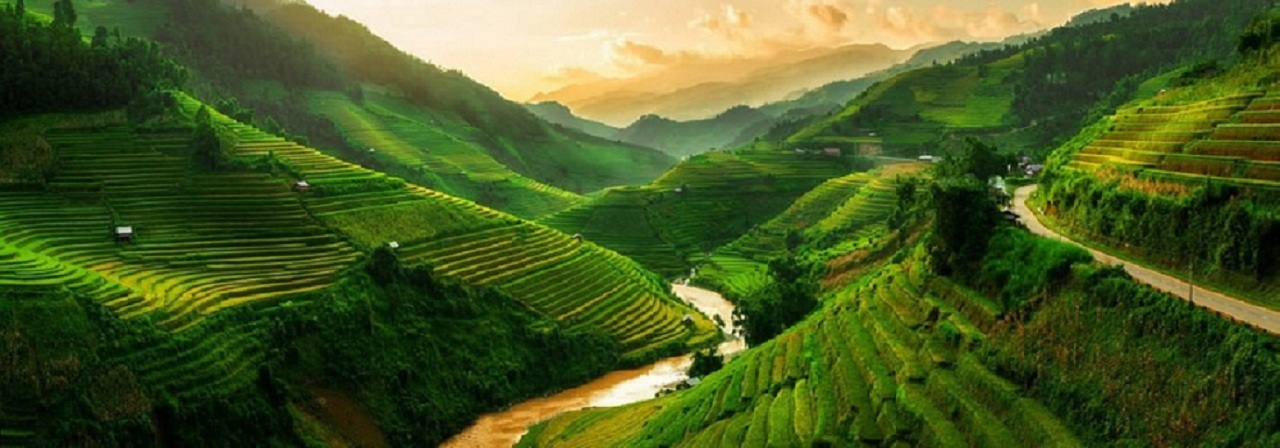Vietnamese People: Origin, History, Culture and Traditions
Vietnamese People have made an unforgettable impression on the world thanks to vibrant culture and rich history. With a population of about 100 million, Vietnam comprises various Ethnic Groups with distinct languages, customs, and beliefs. The warmth and friendliness of Vietnamese people are one of the things that make you Travel to Vietnam such an unforgettable experience. In both the bustling cities and serene countryside, they have a lot to offer in terms of sharing their history and traditions with visitors.
1. The Origin and History of Vietnamese People
The origin and history of Vietnamese people is an interesting and fascinating story that dates back thousands of years ago. Studies show that they are descendants of the ancient Malay people. The coming of Vietnamese people occurred in three phases:
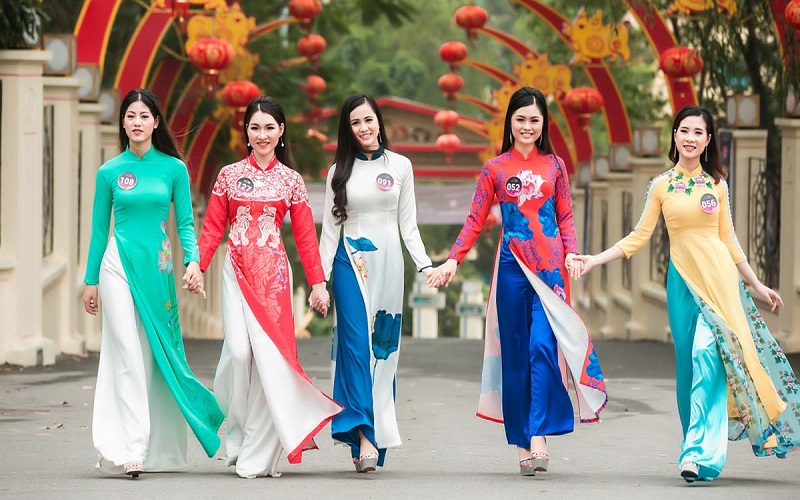
- Mid-Stone Age: About 10,000 years ago, a group of Great Asians from Tibet moved to Southeast Asia, which is now known as Indochina. They mixed in with the Great Australian people, resulting in the ancient Malays.
- End of the New Stone Age: Over time, the Malays migrated and inhabited throughout Asia, expanding from Yangtze River in the north to Indonesia and the Philippines in the south. They later mixed in with North Vietnamese and South Chinese, leading to the coming of a new South Asian people known as Bach Viet, who spoke languages such as Mon-Khmer, Tay-Thai, Viet-Muong, etc.
- Nowadays: Eventually, the ancient Malays in Southern Vietnam became Austronesian people, who are believed to be the ancestors of modern-day Vietnamese.
2. How Many Ethnic Groups of Vietnamese People are Recognized?
Vietnam is a high populous country, ranked as the 15th most populous in the world by the United Nations Population Fund. As of 2023, the Vietnamese Population is estimated to be approximately 100 million. The country is home to 54 Different Ethnic Groups, each with their own unique language and culture.
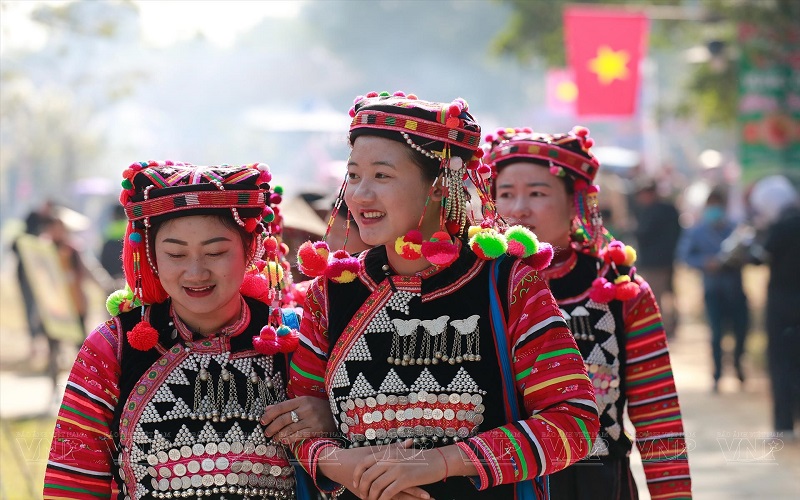
The Kinh or Viet Ethnic is the largest ethnic group found in various regions, including deltas, islands, mountain and cities. Alternatively, many other ethnic minority groups such as the Thai, Tay, Muong, Hmong, Khmer, Nung, and Dao inhabit rural areas such as the mountainous regions, the Central Highlands, and the Mekong River Delta.
3. The Typical Characteristics & Persnalities of Vietnamese People
Vietnam , a beautiful country in Southeast Asia, is known for its rich history and diverse culture. The people of Vietnam are one of the most important aspects of the country's unique identity.
3.1. Vietnamese people's facial features: Over time, the appearance of Vietnamese people has changed. The Vietnamese average height is 159 centimeters. The average height of a Vietnamese man is 164 centimeters, and for women, it is nearly 153 centimeters. Vietnamese women have been praised for their harmonious features: plump faces, dark hair, large double eyelids, fair skin, and slim body. Additionally, due to the region's geography and climate, East and Southeast Asians share many physical characteristics, such as fair skin, black hair, and a low nasal bridge.
3.2. Vietnamese people's personalities: Vietnamese people are well-known for their friendly personalities. They take pride in their rich history and culture and are always eager to share it with others. Some defining characteristics of Vietnamese personalities are:
- Hospitable and friendly: Vietnamese people are renowned for being welcoming hosts to visitors from around the world. They go above and beyond to make sure their guests always feel at home by offering food or drink and showing genuine kindness. Friendliness is inherent in the local culture, where everyone greets each other like old friends on almost every occasion.
- Hard-working and inquisitive: With an unwavering determination, Vietnamese people believe in working hard to achieve their goals, not just for themselves but for future generations as well. They have a strong desire to learn and grow, always seeking new knowledge and challenging themselves intellectually. They value education, and many Vietnamese will pursue higher education to advance in their careers.
- Strong sense of national pride: What are Vietnamese values? It is a deep love for their country and its history. The sense of national pride is apparent in everyday life, through various cultural expressions such as traditional music, cuisine, and festivals, which they take great pride in showcasing to visitors from abroad.
- Regional diversity: Vietnamese people have strong regional cultural identities, which can be generally categorized according to the three major regions: Northern, Southern, and Central. Vietnamese people in the Northern and Central regions are known for their hard work, formality, and caution, whereas people in the South have a more liberal vibe and are often regarded as being more "Westernized".
- Robust family ties : In Vietnam, family is highly valued and deeply rooted in society. Vietnamese people prioritize maintaining strong family ties and are passionate about their loved ones. Festivals and holidays are opportunities for family reunions and bondings. It is not uncommon for generations to live under one roof even after the children have grown. Grandparents play an active role in raising grandchildren together with their parents.
- Sense of humor: A sense of humor is proudly displayed among Vietnamese people, whether it be through puns, sarcasm, or jokes. In different parts of Vietnam, kind and often humorous tour guides will make even the most stoic traveler smile. They like to joke even in difficult times, and often remind each other how lucky they are to have what they have.
4. Vietnamese People in Different Regions of the Country
Vietnamese people residing in different Regions of Vietnam exhibit unique characteristics and cultural nuances that contribute to their distinct identities. These regional differences stem from various factors, including geography, history, climate, and local customs. Here are some notable aspects of Vietnamese people in different regions:
4.1. Vietnamese in Northern Vietnam: The people in northern Vietnam are generally more traditional and influenced by the government. The region is also known for its preservation of traditional crafts and cultural practices. They follow Confucian values, which means they respect authority and traditional ways of doing things.
4.2. Vietnamese in Central Vietnam: In areas like Hue City, people are often more traditional and conservative due to the region’s historical significance as a former capital of Nguyen Royal Family. In and around Da Nang and Hoi An Ancient Town the people are known for their warm hospitality and strong sense of cultural pride. In the central highland area people are known for being sincerity, honesty, and hardworking nature.
4.3. Vietnamese in Southern Vietnam: The people in southern Vietnam, particularly in and around Ho Chi Minh City, tend to be more liberal and influenced by Western culture. With Ho Chi Minh City as the major economic center and the fertile Mekong Delta, they are dynamic and entrepreneurial. The region has a diverse mix of Vietnamese, Chinese, and Khmer influences, and people are known for their generosity and modern outlook.
Despite these regional differences, Vietnamese people share a deep sense of national pride, a love for family, and a strong bond with their cultural heritage. The diverse regional identities contribute to the vibrant tapestry of Vietnamese society, making it a fascinating country to explore and understand
5. Vietnamese Traditions and Customs to Know
- Lunar New Year (Tet Nguyen Dan in Vietnamese): This is the most important and widely celebrated holiday in Vietnam. It marks the beginning of the lunar calendar year and is a time for family reunions, feasts, and paying respects to ancestors.
- Burning Votive Paper (Fake Money): When visiting Vietnam, you may wonder “Why Vietnamese people burn colored papers?” This papers are known as fake money or “votive papers”, which can be fake houses, clothes, money, cars, motorbikes... made of paper and bamboo. They represent gifts for the god and ancestors.
- Ancestor Worship: Vietnamese people hold great reverence for their ancestors. They maintain ancestral altars in their homes and make offerings of food, incense, and other items to honor their deceased family members.
- Pagoda Visits: Buddhism is one of the major Religions in Vietnam, and visiting Buddhist Temple or Pagoda is a common practice for Vietnamese people. They go to pagodas to make offerings, pray for blessings, and seek spiritual guidance.
- Respect for Elders: Vietnamese culture places a strong emphasis on respect for elders. Younger generations show deference and filial piety to their parents and grandparents, often seeking their guidance and following their advice.
- Traditional Festivals: Vietnam is known for its vibrant festival activitess, which vary by region. These festivals celebrate agricultural harvests, historical events, and local legends. They feature colorful processions, traditional music and dances, and communal activities.
- Traditional Clothing: The traditional attire for Vietnamese people (for both man and women) is the “Áo Dài”, a long-sleeved tunic worn over wide-legged pants. The ao dai is commonly worn on special occasions, formal events, and traditional ceremonies.
- Vietnamese Wedding: Marriage is one of the most important event in one’s life in Vietnam. Wedding custom in Vietnam is quite complicated. Before an official wedding of a couple, a ceremony of engagement must be held first. In accordance with Vietnamese tradition, engagement ceremony is an official occasion for families of fiancé and fiancée to mark their relationship and to arrange the wedding.
- God of Wealth Worship in Business Shop: According to Vietnamese conception, God of Wealth (called: Thần Tài) is a sort of "benefactor" to bring fortune into business. In principle, the altar should be placed in a well ventilated position, in a corner of the house or in front of the entrance. That is why you will find a small altar like this one in almost every shop, boutique, restaurant, hotel in Vietnam.
- Funeral Ceremony: “The sense of the dead is that of the final,” says a Vietnamese proverb, meaning that funeral ceremonies must be solemnly organized. Traditionally, Vietnamese people believe that death is one of the most solemn ceremonies as “The sense of the dead is that of the final”. The funeral ceremony in Vietnam undergoes several steps:
- First, the body of death will be washed and dressed; then, a pinch of rice and three coins are put in the mouth of the body, then lay chopstick between their teeths. After that, the body is put on the ground with the meaning that “being born from the earth, one must return back to the earth”.
- Next, he/she will be enveloped with the white cloth, and put in to the wooden coffin. Then places in the most solemm place in the family house to prepair for the funeral ceremony.
- Finally, the master of the funeral officially performs the funeral ceremony. During these days, all family members have to wear coarse gauze turbans and tunics, and hats made of straw, or dry banana fiber.
See Related Articles:
- English to Vietnamese: The Best Software and Translation App
- Customs Information - Viet Nam Entrance and Exit Procedures
- Travel to Vietnam: Visa on Arrival, Online-Extension and E-visa
- Travel Safety in Vietnam: All You Need to Know Before You Go
- Vietnam Facts & Figures - All You Need to Know Before You Go
- Frequently Questions of Foreign Tourists Traveling in Vietnam

![]()
![]()
![]()
![]()
![]()
Best of Vietnam
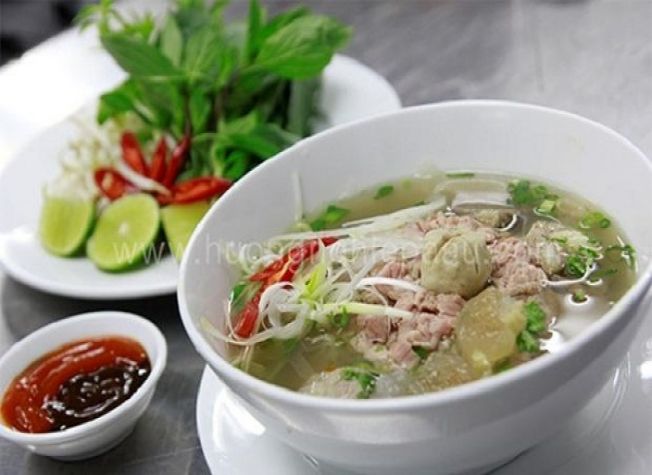
Best Vietnamese Food You Have to Try in Vietnam
Best Food in Vietnam: Vietnamese Traditional Food is top World well known to be both healthy and...
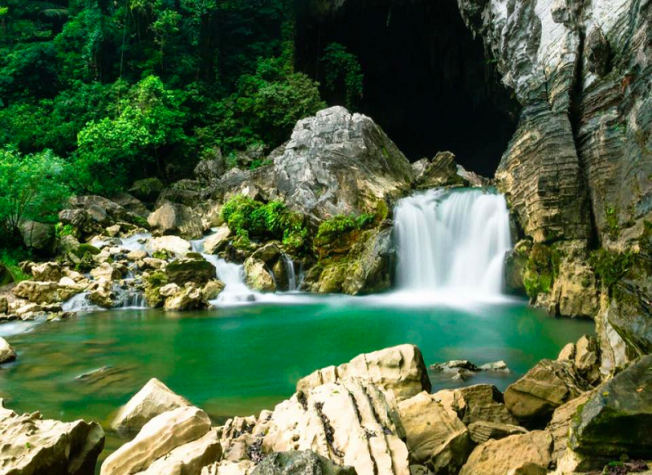
10 Best National Parks in Vietnam
Vietnam Travel Guide: If you look for the Best Wildlife Discovery Experience in Vietnam, here are...
Read More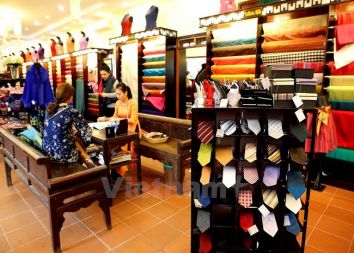
Best Souvenir to Buy in Vietnam
If you look for Best Things to Buy when traveling to Vietnam to bring home for your family & friends...
Read More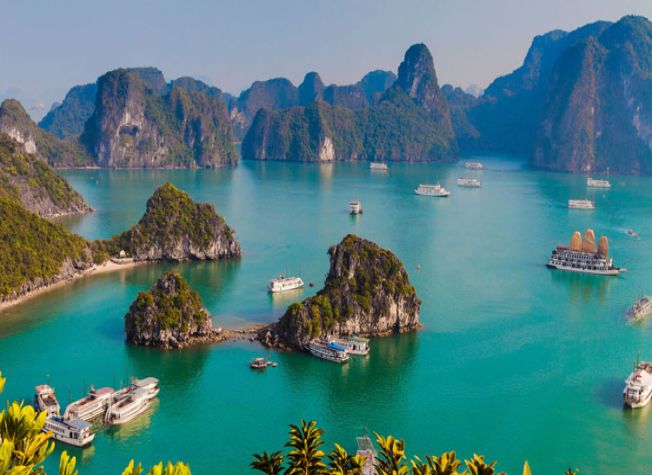
The 10 Best Places to Visit in Vietnam
Vietnam Travel Guide: Home to an extensive collection of historical and cultural attractions,...
Read More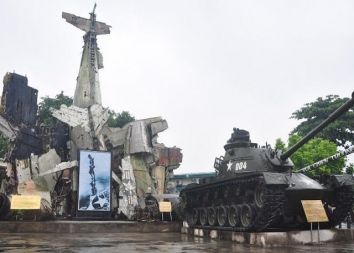
Top 10 Museums You Should Not Miss in Vietnam
Vietnam, 4.000 years old country has a unique and lengthy history, culture with 54 ethnic groups. It...
Read MoreFind your trip
Vietnam Best Tours
Vietnam Car Rental
Vietnam Travel Blog
- Vietnamese People: Origin, History, Culture and Traditions
- Vietnam Currency: Best ATM and Places to Exchange Money
- Vietnam Map: Regions, Cities & Provinces Map of Vietnam
- What is illegal Things in Vietnam: Rules & Laws for Tourists
- Best Time to Travel to Vietnam to Avoid the Bad Weather
- Vietnam News: Population & Religions of 54 Ethnic Groups

